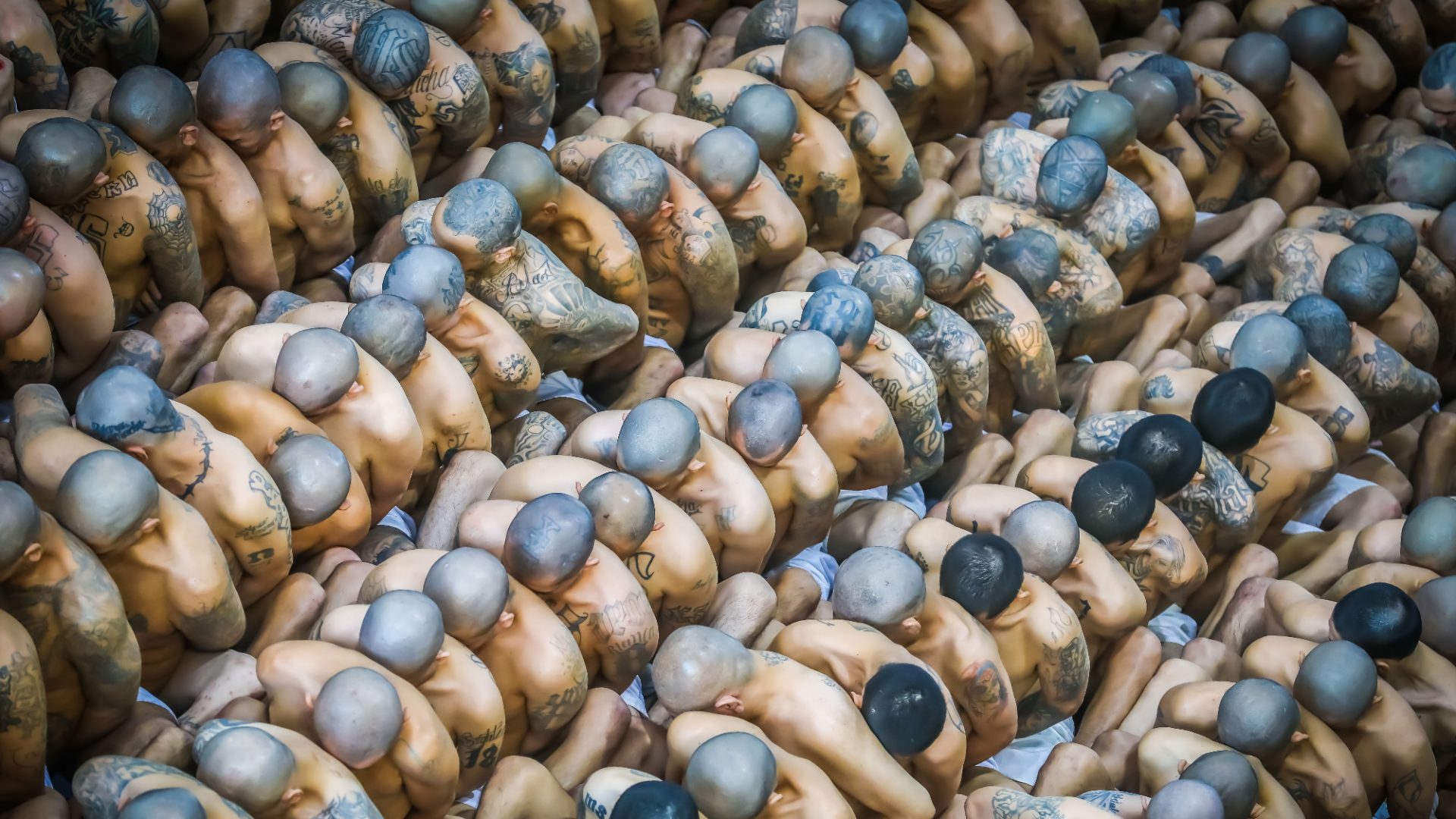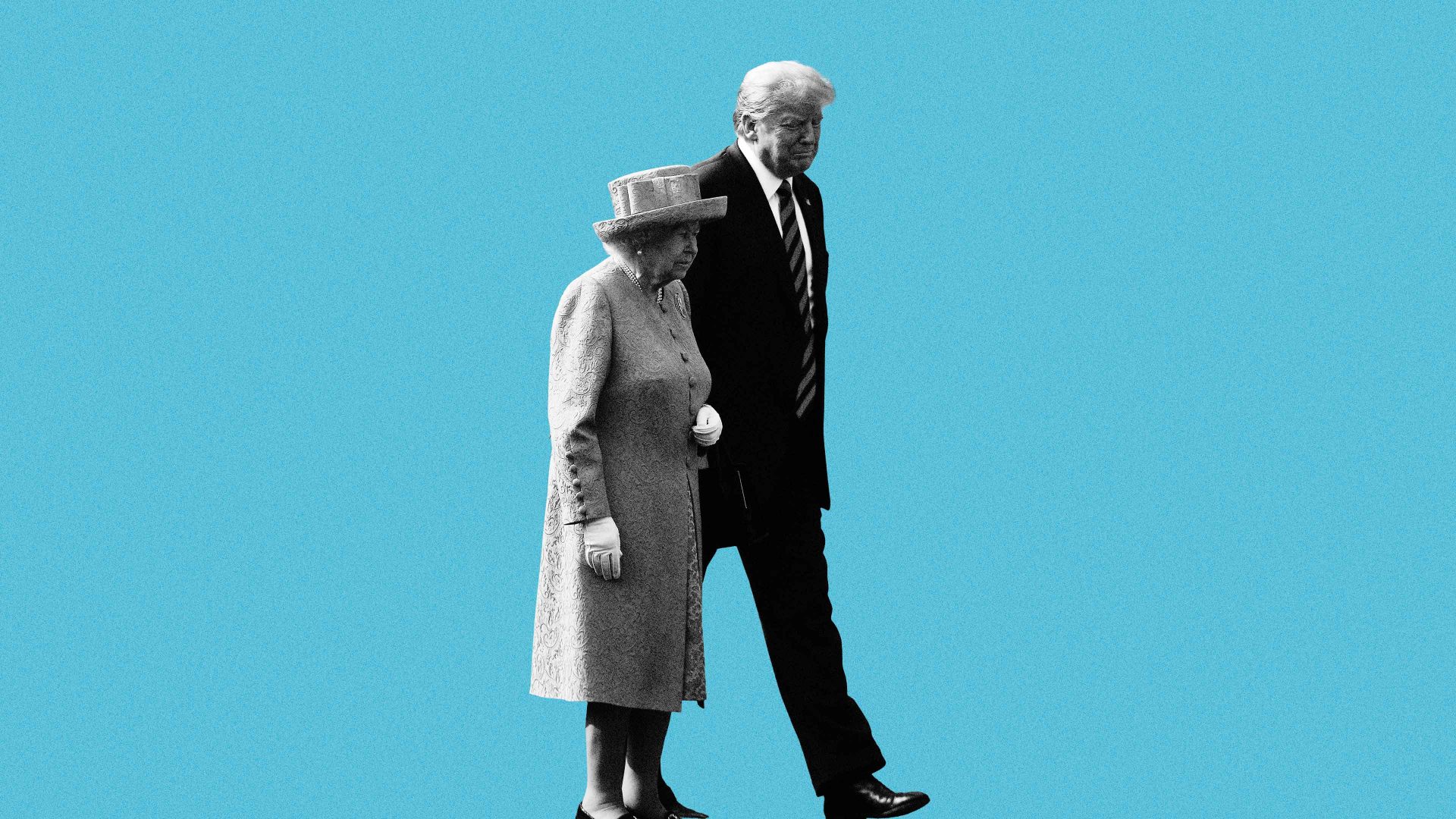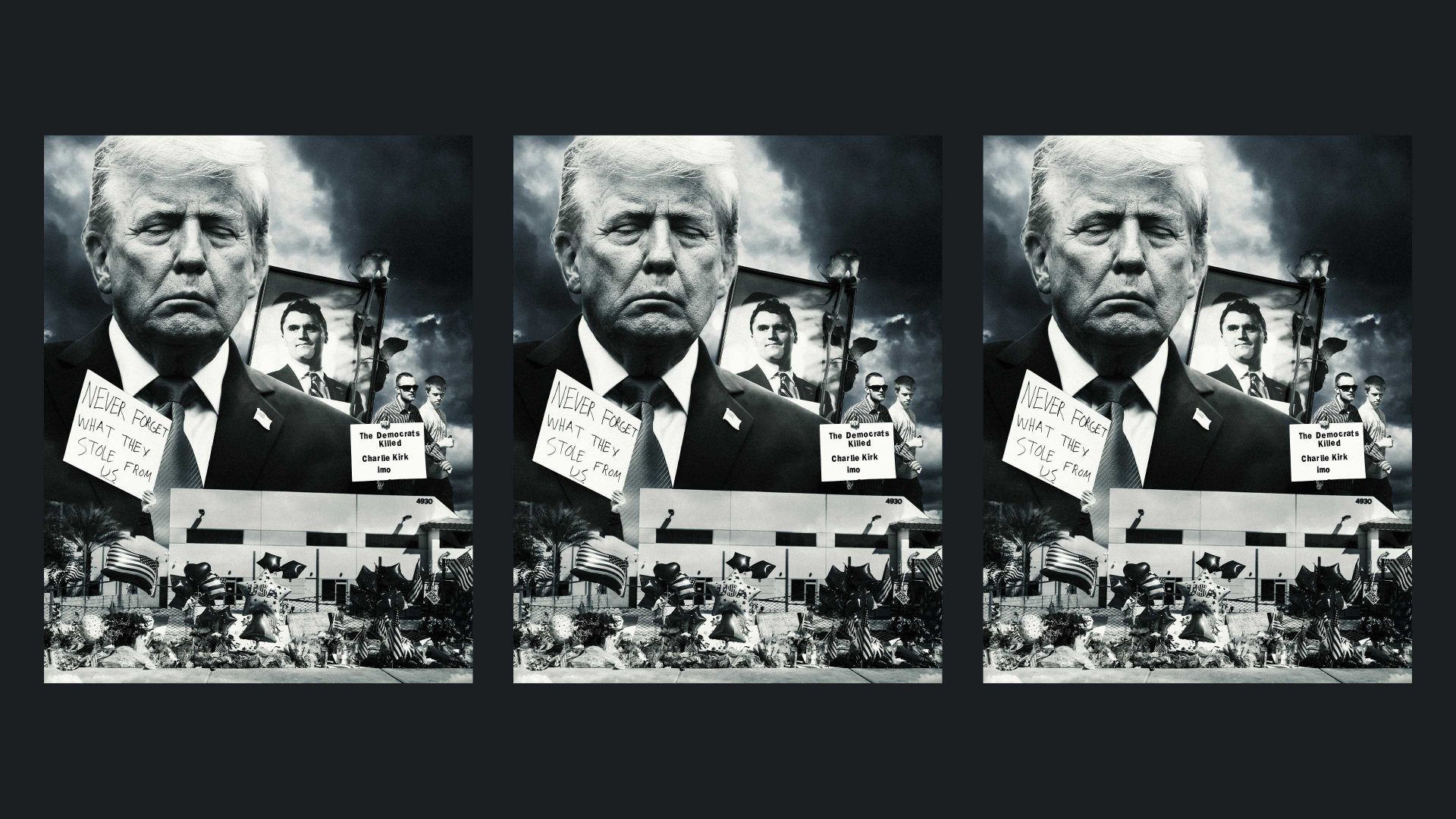Nayib Bukele, the president of El Salvador and self-described “world’s coolest dictator”, has locked up 85,000 people without due process since he took the country into a “state of exception” to fight the MS-13 and Barrio 18 gangs more than three years ago.
He’s been quite clear about his low regard for journalists, too, so I was a little nervous as I approached the migration official in the airport of San Salvador, the capital.
While he studied my passport I rehearsed my lines in my head.
“Graham,” he suddenly said. “Like the Austrian musician!”
The official began to hum a classical tune. I was baffled – Brahms? Was Brahms Austrian? – but grinned back. He stamped my passport and sent me through.
Welcome to El Salvador: a police state, but an open and cheerful one. In the space of six years, Bukele has accumulated near absolute power, and everything is in place for the country to become closed-off. And yet it hasn’t. Indeed, for most Salvadorians the country feels freer than it has in decades. The annual homicide rate has fallen from about 50 per 100,000 people to two per 100,000, if official data can be trusted. Bukele’s approval ratings hover around 80%.
This explains why a country less than a sixth the size of England, with a population of 6 million, has taken on such an outsized role in international news. Bukele has made admirers of populist authoritarians around the world – and El Salvador has become the Trump administration’s special partner.
It was late one Sunday in March when accounts on X that monitor US deportation flights raised the alarm. By then, three military planes were in the air and claimed to be beyond the jurisdiction of the judge that ordered them back. In the middle of the night they landed in El Salvador and unloaded their cargo: 238 Venezuelan men, who were sent to the showpiece of Bukele’s prison system, the Terrorism Confinement Centre, known by its Spanish acronym Cecot.
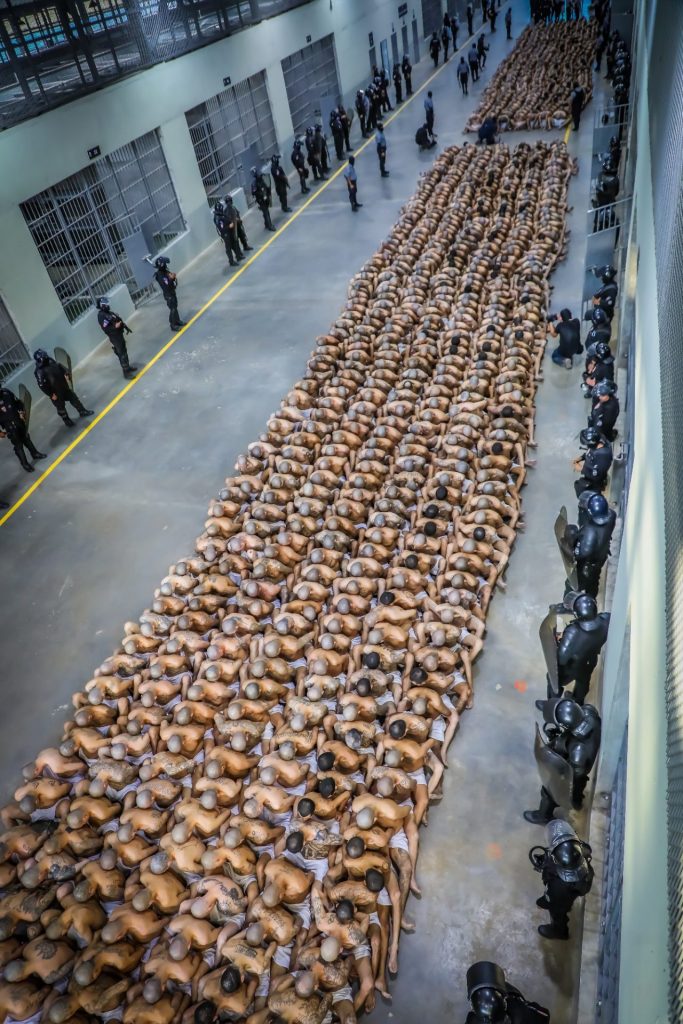
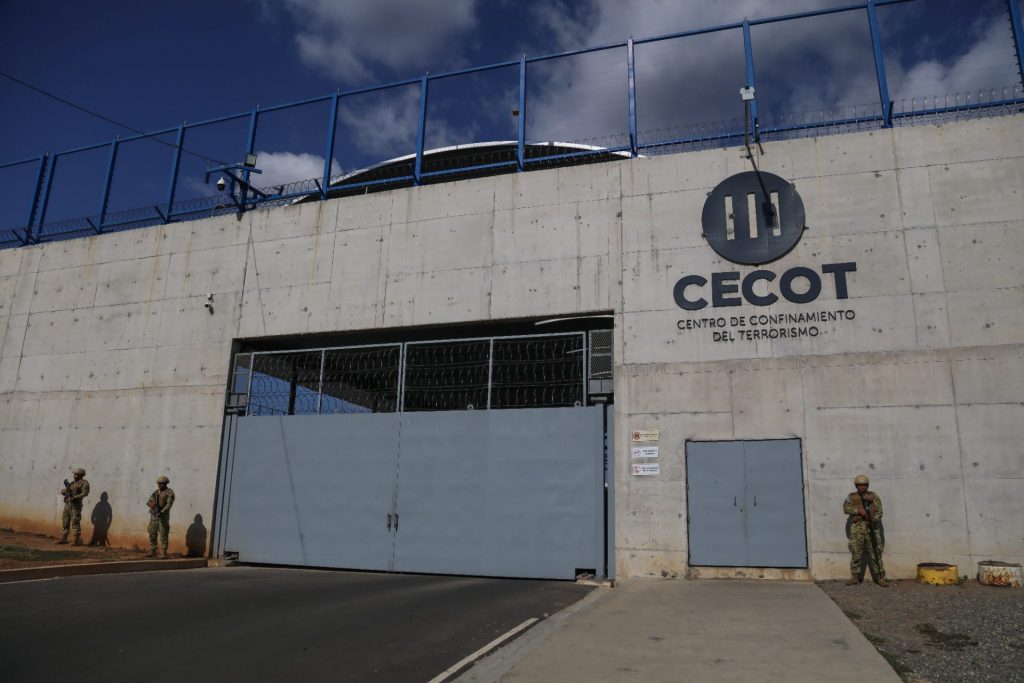
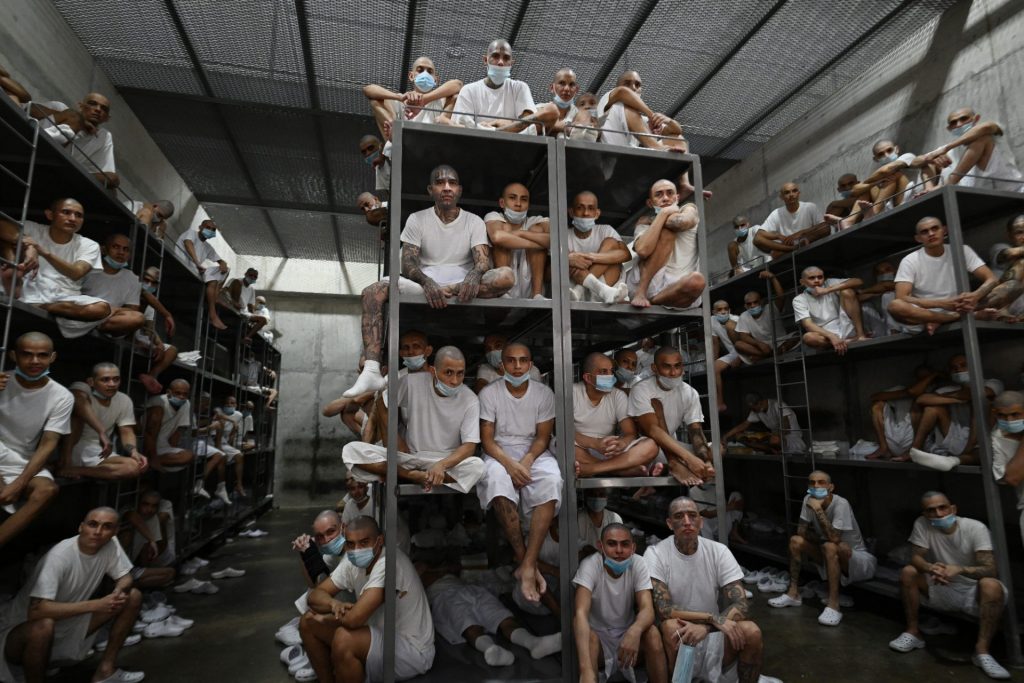
No prisons in El Salvador allow visitors. But select journalists, influencers and politicians are occasionally allowed into Cecot for a tour.
These visits make theatre of cruelty. They only show old-school gang members, whose bodies and faces are covered in tattoos. There are up to 80 per cell, with tiers of metal beds but no sheets or mattresses. They are allowed to leave their cells for 30 minutes of exercise a day, but they never leave the block. The lights are on 24/7, but there is nothing to do. The government says 15,000 prisoners are currently held there. Someone described it to me as “living death”.
That theatre served Trump’s purposes too – until El Salvador sent the migrants back to Venezuela in July, in exchange for various American prisoners. But El Salvador’s other prisons are in fact worse. Thousands of people who probably have nothing to do with gangs have been locked up in them. More than 400 have died since Bukele’s state of exception began.
The government never did respond to my request to visit Cecot. I went anyway, to see what I could get from outside. On the way the driver told me how the gangs used to leave body parts scattered along the side of the road. Then we passed another maximum-security prison, known as Zacatraz, where he said gang members were kept in underground cells for years at a time. After a midday shower, the hot tarmac of the road was steaming in a faintly infernal way.
Outside Cecot, locals led us to a stream that now runs frothy brown with the prison’s sewage. One young man cast a shadow of doubt on the country’s new-found security. He said three guys he grew up with had been swept up in Bukele’s mass arrests, and not seen since. “They were not gangsters,” he said. “This is justice through injustice. And for me, it is temporary.”
Our next stop was Bukele’s other flagship project: Surf City, also known as Bitcoin Beach. As we skirted round the volcanoes and hit the coastal road, the driver whistled at the change since he was last there. It used to be all dirt roads and sheet-metal houses, he said. Now there were glossy banners for hotels with names like Bitcoin Mansion. Between bulldozers and cement mixers, the concrete skeletons of real-estate developments were taking shape.
Surf City is in fact a string of beach towns, of which El Zonte became famous for its pioneering adoption of bitcoin. Enthusiasts flocked there for the novelty of being able to pay for cocktails in crypto, and to be among likeminded people. When Bukele briefly made bitcoin legal tender in El Salvador, he became a celebrity among techno-libertarians.
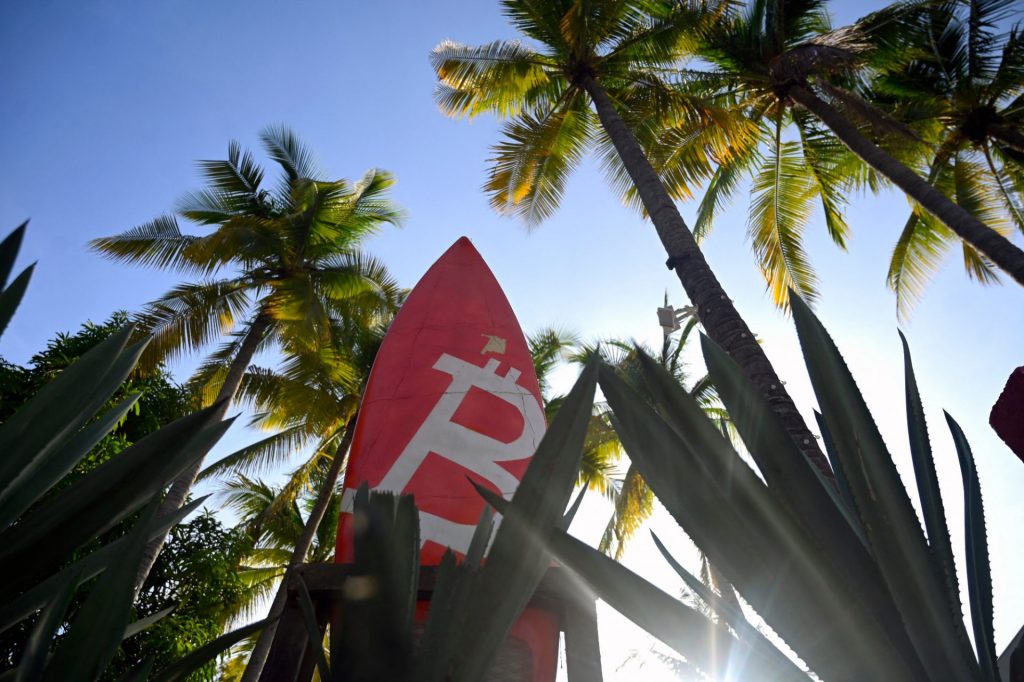
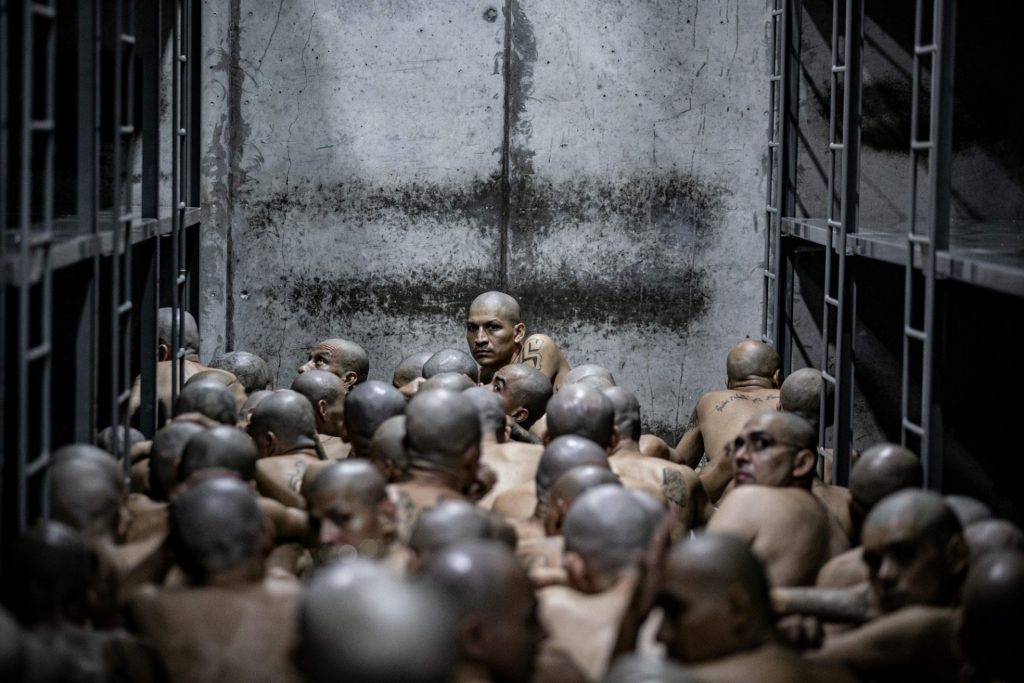
There is now a nexus of crypto interests between El Salvador and the Trump administration. El Salvador is home to Tether, the company that controls the world’s most traded stablecoin – a less volatile kind of cryptocurrency. The family investment company of Howard Lutnick, Donald Trump’s commerce secretary, is Tether’s key US partner. Tether is also an investor in Rumble, the alt-right version of YouTube, which hosts Truth Social, Trump’s social media platform. And Bo Hines, until recently Trump’s top crypto adviser, has just joined Tether as a strategic adviser.
“Bukele reflects a new brand of ultra right wing authoritarian leadership, which is very identified with crypto and technology,” said a source I met in El Zonte, who had chosen it as an unexpected place to lay low. “But it’s a dictatorship with all the same tools of the dictators of the past.”
Only it hasn’t had to use them all – not yet. Last year Salvadorians voted to give Bukele an unconstitutional second consecutive term. He now controls every institution that could once constrain him, and is turning the screws on civil society. In recent months more than 100 political exiles have fled. Then, at the end of July, Bukele’s legislators – 57 of the 60 in Congress – scrapped term limits entirely. The Trump administration didn’t blink.
The big question, said the source, is what happens if Bukele’s popularity starts to fall. “Democratic institutions might be imperfect, but they can change without violence,” they said, letting the foreboding implication hang in the air.
Suggested Reading
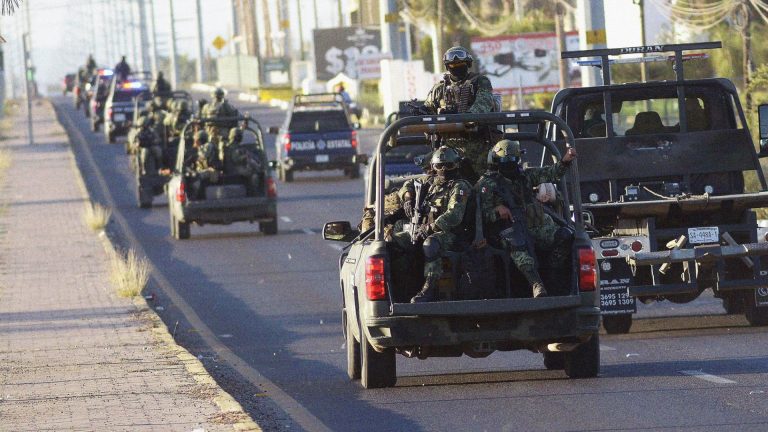
The parallel geography of violence in Mexico
Fragments of English conversation from the tables around us were impossible to ignore. One barefoot man concluded a thought with, “I call that my inner child.” Another swore by something called biodynamic craniosacral therapy. A couple of tourists got walked through how to pay for their drinks in bitcoin. As the sun set, people took up meditation poses on the beach.
Thomas Graham is a freelance journalist based between Mexico and Bolivia. He has reported from Europe and the Americas for the Guardian, BBC, Economist, Financial Times and Times

